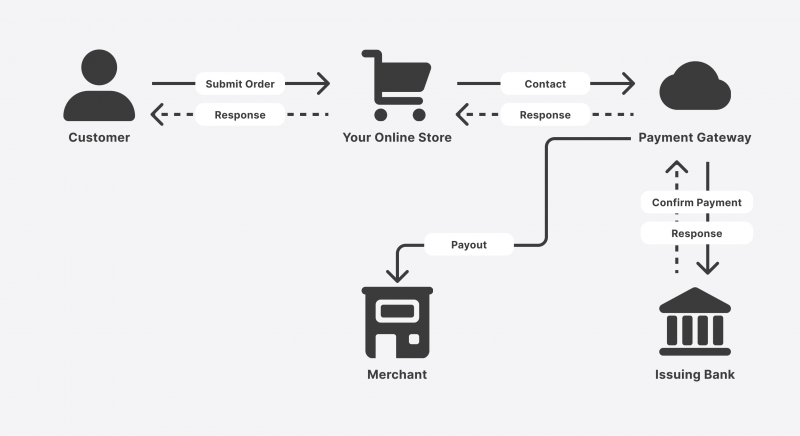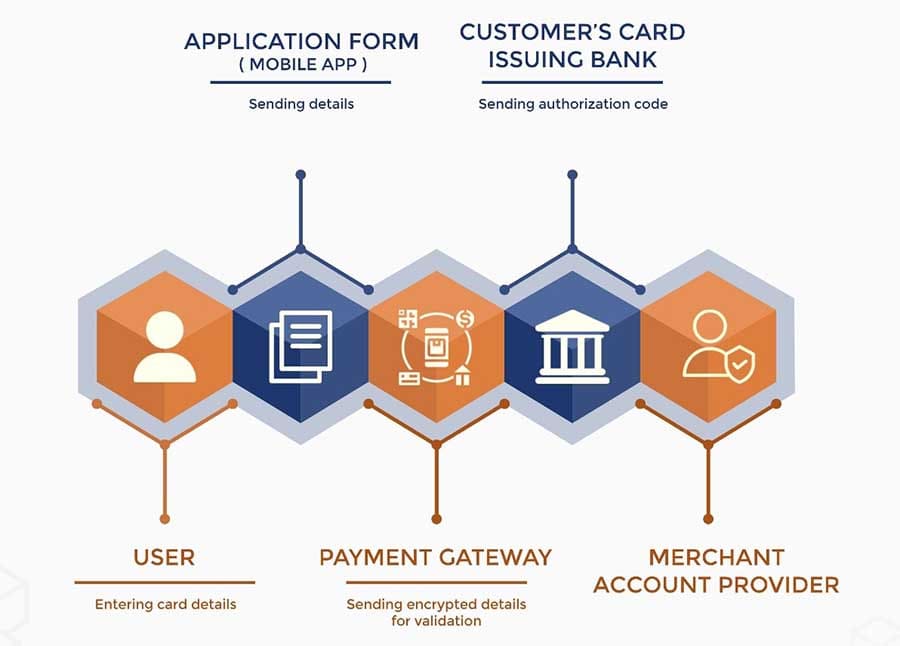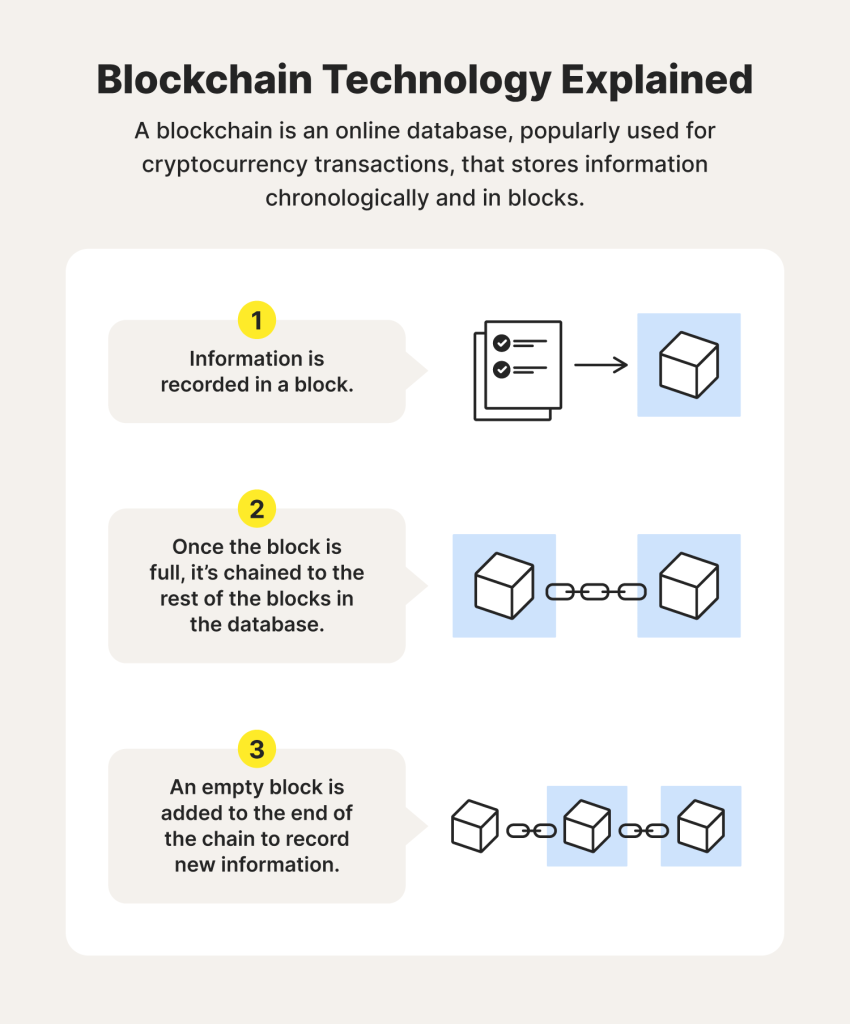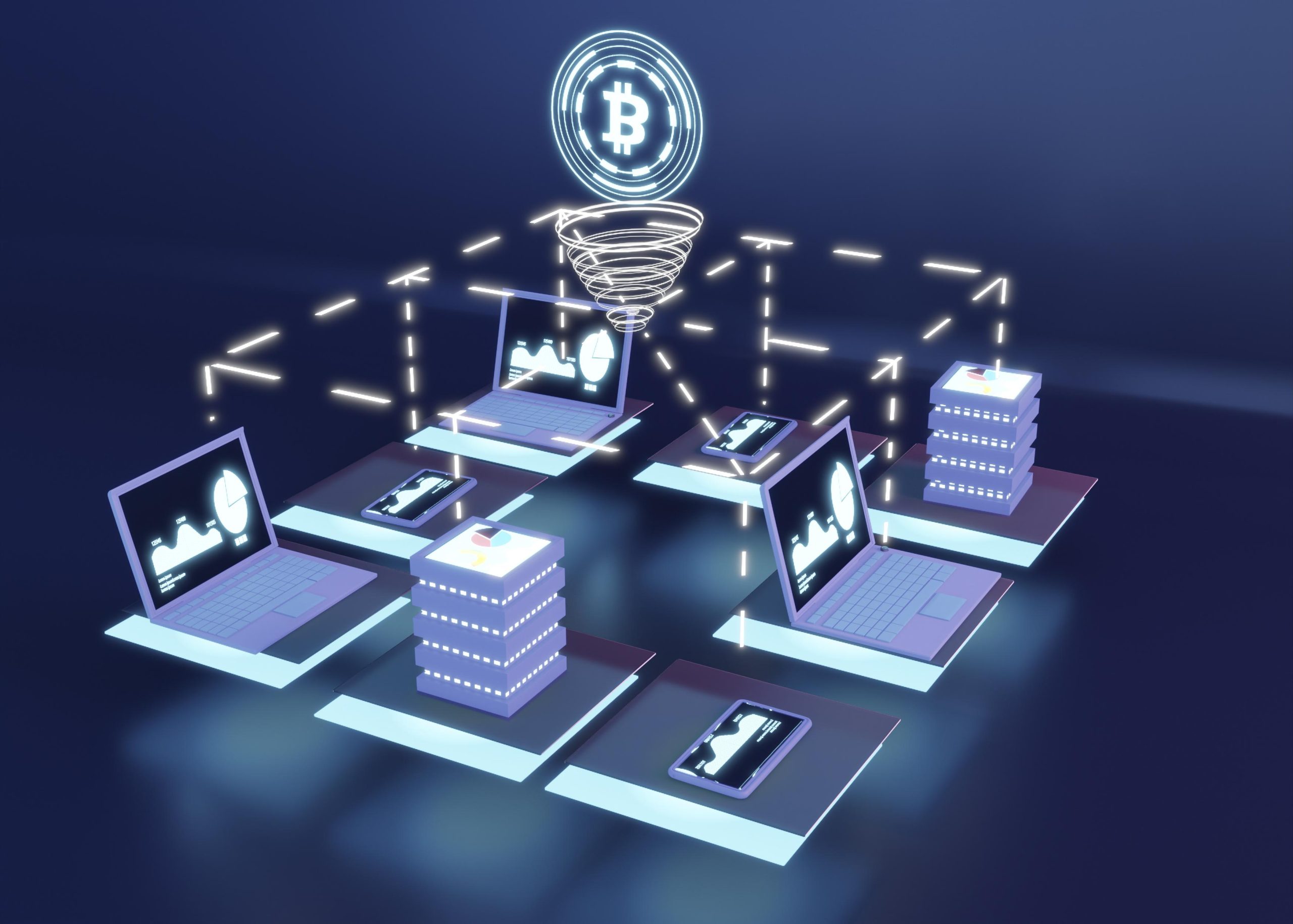AUTHOR : SAYYED NUZAT
DATE: April 27, 2024
Blockchain technology has emerged as a revolutionary force in the realm of commerce, offering unprecedented security, transparency, and efficiency. At the heart of this innovation lies the concept of a Blockchain Commerce Gateway, a sophisticated platform that leverages blockchain technology to facilitate seamless transactions and interactions in the digital world.
Understanding Blockchain Technology
What is Blockchain?
Blockchain is a decentralized digital ledger that records transactions across multiple computers in a way that ensures their integrity and security. Each transaction is verified by a network of computers (nodes) and added to a chain of blocks, creating an immutable record of data.
How Does Blockchain Work?
Transactions are grouped into blocks and linked together in a chronological chain using cryptographic hashes. Once a block is appended to the chain, it becomes immutable and resistant to alteration unless there is a consensus among the network participants. This distributed nature of blockchain eliminates the need for intermediaries and provides a high level of trust and transparency.
Key Features of Blockchain Technology
- Decentralization
- Immutability
- Transparency
- Security
The Concept of Commerce Gateway
A commerce gateway serves as a bridge between different entities within a commerce ecosystem, facilitating the exchange of goods, services, and information. It acts as a unified interface that enables seamless communication and transactions between disparate systems and parties.

Blockchain Commerce Gateway Explained
Definition and Purpose
A blockchain commerce gateway harnesses the power of blockchain technology to streamline and secure commercial transactions. It acts as a gateway between traditional commerce systems and blockchain networks, enabling seamless integration and interoperability.
Components of a Blockchain Commerce Gateway
- Blockchain Network: The underlying blockchain network is where transactions are recorded and validated.
- Smart Contracts: self-executing contracts that automate and also enforce the terms of agreements.
- Digital Wallets: Secure digital wallets for storing and managing cryptocurrency assets.
- APIs are application programming interfaces that enable communication between different systems and platforms.
- Identity Management: Mechanisms for verifying and managing user identities in a secure and decentralized manner.
Advantages of Using Blockchain Commerce Gateway
Security and Transparency
Blockchain technology provides a high level of security through cryptographic techniques and decentralized consensus mechanisms. Transactions are transparent and tamper-proof[1], reducing the risk of fraud and also unauthorized access.
Efficiency and Cost Reduction
Similarly, by eliminating intermediaries and automating processes with smart contracts, the Blockchain Commerce Portal reduces transaction costs and speeds up the settlement process. This also results in increased efficiency and lower operational expenses for businesses.
Accessibility and Decentralization
The Blockchain[2] Commerce Portal promotes financial inclusion by providing access to decentralized financial services and eliminating barriers to entry. It empowers individuals and also businesses to participate in global commerce without relying on traditional financial institutions.

Use Cases of Blockchain Commerce Gateway
Supply Chain Management
Blockchain Commerce Gateway enables transparent and traceable supply chains by recording every stage of the production and distribution process on the blockchain. Hence, this enhances visibility, reduces counterfeiting, and improves efficiency in logistics and inventory management.
Financial Transactions
Blockchain Commerce Gateway facilitates secure and instant cross-border payments and remittances without the need for intermediaries. It also enables peer-to-peer lending, crowdfunding, and other forms of decentralized finance (DeFi) solutions.
Digital Asset Exchange
Blockchain Commerce Gateway serves as a platform for trading and exchanging digital assets such as cryptocurrencies, tokens, and non-fungible tokens[3] (NFTs). It provides liquidity, transparency, and security for digital asset markets.
Challenges and Limitations
Scalability Issues
Blockchain networks face scalability[4] challenges due to limited transaction throughput and processing capacity. Moreover, as the number of transactions increases, congestion and delays may occur, impacting the user experience and efficiency of the system.
Regulatory Concerns
The regulatory landscape surrounding blockchain technology and cryptocurrencies is still evolving, with governments imposing various regulations and compliance requirements. Uncertainty and ambiguity in regulatory frameworks may hinder the widespread adoption of Blockchain Commerce Gateway.
Integration Challenges
Integrating Blockchain Commerce Gateway with existing systems and infrastructure can be complex and time-consuming. Compatibility issues, data migration, and interoperability concerns may arise, requiring careful planning and coordination.

Future Outlook of Blockchain Commerce Gateway
Despite the challenges, the future of Blockchain Commerce Gateway looks promising. Continued advancements in blockchain technology, scaling solutions, and regulatory clarity are expected to drive widespread adoption across industries. As businesses and consumers embrace the benefits of decentralization[5], transparency, and efficiency, Blockchain Commerce Gateway will play a pivotal role in shaping the future of commerce.
Conclusion
Blockchain Commerce Gateway represents a paradigm shift in the way we conduct business and exchange value in the digital age. By leveraging blockchain technology, businesses can unlock new opportunities for innovation, efficiency, and growth. As the technology continues to mature and evolve, the Blockchain Commerce Gateway will become an indispensable tool for building a more secure, transparent, and inclusive global economy.
FAQs
- What distinguishes a blockchain commerce portal from traditional commerce systems? A blockchain commerce gateway leverages blockchain technology to provide enhanced security, transparency, and efficiency compared to traditional commerce systems.
- Is the Blockchain Commerce Portal suitable for all industries? While the Blockchain Commerce Portal offers benefits across various industries, its suitability depends on factors such as the regulatory environment, use case, and technological readiness.
- How does a blockchain commerce portal ensure data security? Similarly, the Blockchain Commerce Portal employs cryptographic techniques and decentralized consensus mechanisms to secure transactions and protect data from tampering and unauthorized access.
- Can the Blockchain Commerce Portal handle large volumes of transactions? Scalability solutions such as sharding, layer 2 protocols, and off-chain scaling techniques are being developed to address the scalability issues of the Blockchain Commerce Gateway and enable it to handle large volumes of transactions.
- What are the potential regulatory hurdles for adopting the Blockchain Commerce Gateway? Regulatory uncertainty, compliance requirements, and jurisdictional differences pose challenges for the widespread adoption of the Blockchain Commerce Portal, requiring collaboration between industry stakeholders and policymakers.

